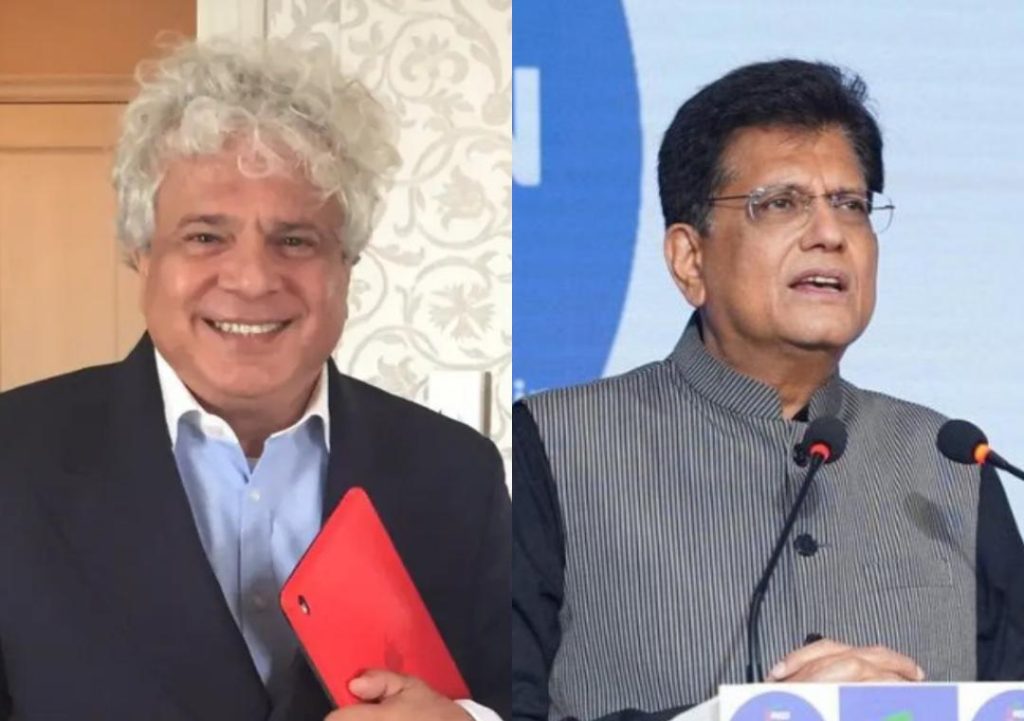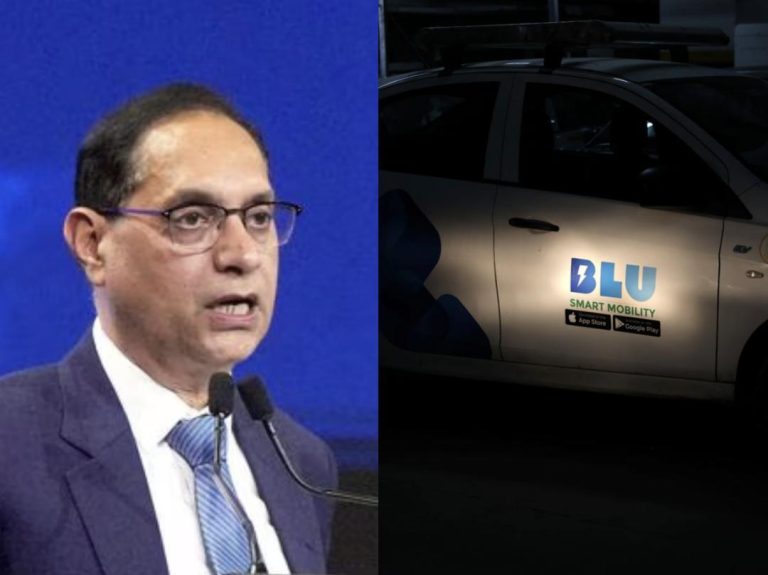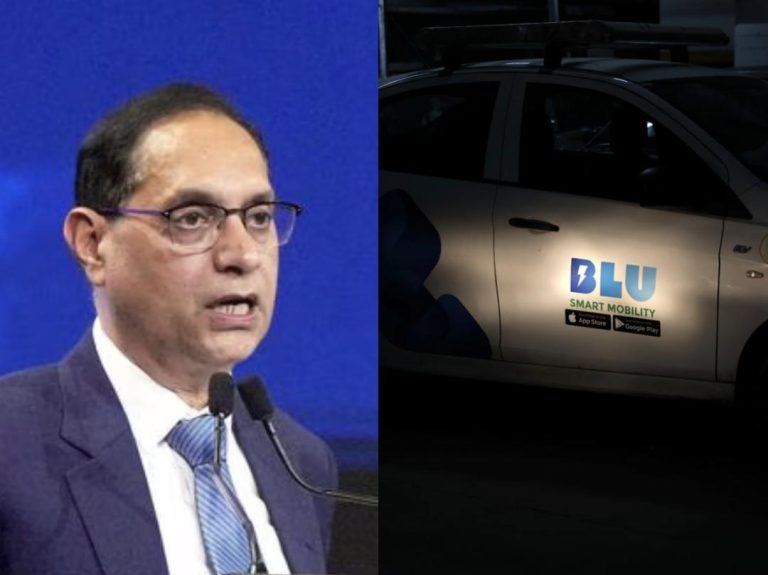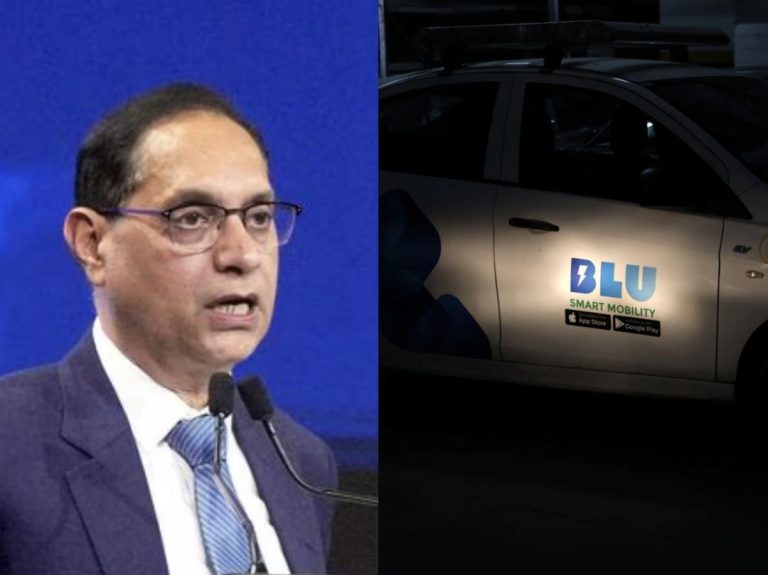
Startup Founders First Buy Lamborghinis, Flats: Suhel Seth on Goyal’s Startup Remark
The startup ecosystem in India has been a subject of much debate and discussion in recent times. While some argue that startups are the future of the country’s economy, others are skeptical about their impact. The latest controversy surrounding this topic is the statement made by Union Minister Piyush Goyal, which was met with both praise and criticism. Businessman Suhel Seth, in a recent interview on Republic TV, expressed his support for Goyal’s remarks, stating that 80% of startups in India are nothing but a racket.
Seth’s remarks have sparked a heated debate, with many startup founders and entrepreneurs taking to social media to express their outrage. However, Seth’s comments were not entirely unexpected, given his reputation for being a straight shooter and unafraid to speak his mind.
So, what did Seth mean by his statement? According to him, the first thing that startup founders do after launching their companies is to buy luxurious items such as Lamborghinis and flats in posh areas like Amrita Shergill Marg. He also added that these founders can keep defending their startups, but the fact remains that they are not changing the world.
Seth’s comments have raised several questions about the startup ecosystem in India. Is it true that many startup founders are more interested in flaunting their wealth than in creating meaningful change? Or is this just a stereotype perpetuated by the media and others who are jealous of their success?
To understand the issue better, it’s essential to define what a startup is. A startup is typically a young company that is designed to grow and scale rapidly, often with the goal of disrupting an existing industry or creating a new one. Startups are often characterized by their innovative products or services, their ability to adapt quickly to changing market conditions, and their willingness to take risks.
However, not all startups are created equal. Some may be more focused on making a quick profit than on creating real value for society. This is where Seth’s comments come in. He is suggesting that many startup founders are more interested in making money than in creating meaningful change.
But is this really the case? Or is Seth’s statement just a generalization that doesn’t apply to all startup founders? The truth is that there are many startup founders who are dedicated to creating positive change in the world. They are passionate about their work and are committed to making a difference.
One example is the founder of a popular education startup, who used her own savings to launch the company. She is now dedicated to providing high-quality education to underprivileged children and has already made a significant impact in her community.
Another example is the founder of a sustainable energy startup, who has dedicated his life to reducing the world’s reliance on fossil fuels. He has developed innovative technology that is helping to reduce carbon emissions and is committed to making a difference in the fight against climate change.
These are just a few examples of the many startup founders who are making a positive impact in the world. They are not interested in buying Lamborghinis and flats; they are focused on creating real value for society.
So, what does the future hold for the startup ecosystem in India? Will Seth’s comments continue to spark controversy, or will they lead to a renewed focus on creating meaningful change?
The answer lies in the actions of startup founders themselves. Those who are dedicated to creating positive change will continue to thrive, while those who are more interested in making a quick profit will eventually fade away.
In conclusion, Seth’s statement may have sparked controversy, but it has also highlighted the importance of creating meaningful change in the world. Startups have the power to make a real difference, and it’s up to founders to use their companies to create positive change.
Sources:



